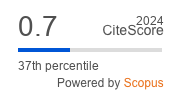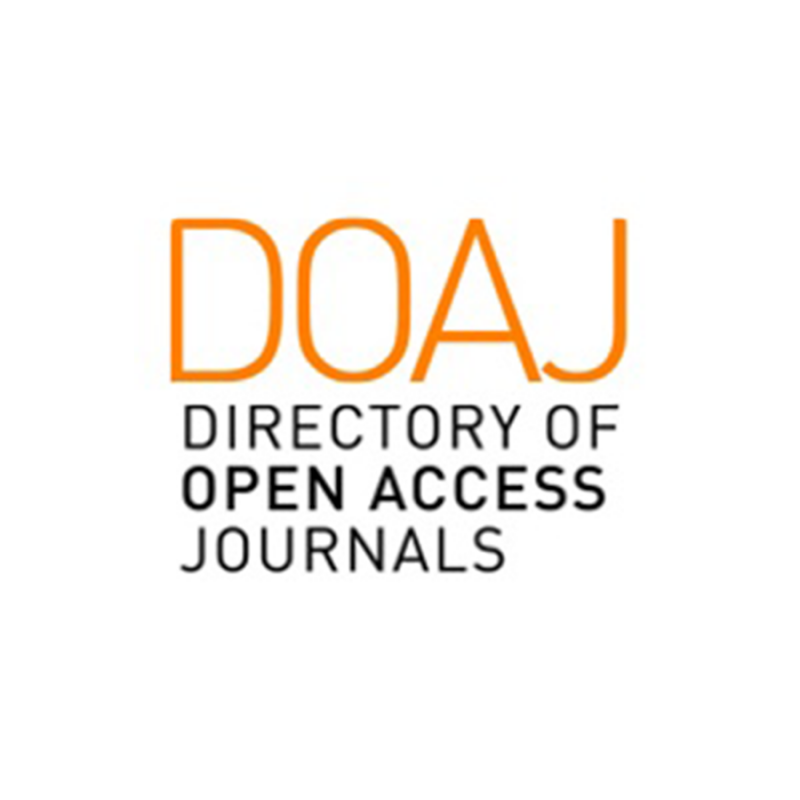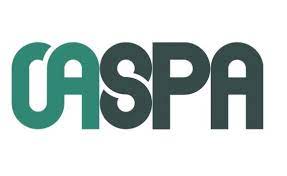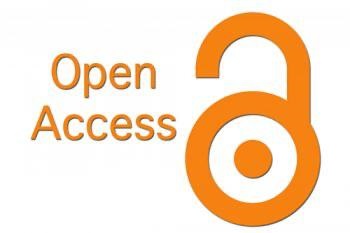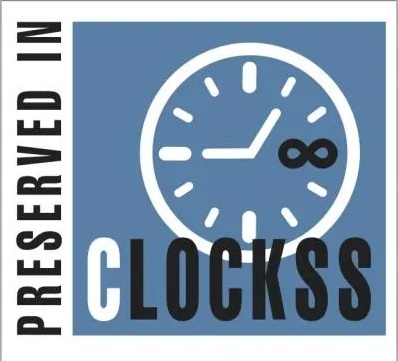Peer Review Policy
Peer Review Policy
Al-Kindy College Medical Journal (KCMJ) follows a rigorous and transparent peer-review process to ensure the scientific quality, accuracy, and integrity of all published articles. The journal uses a double-blind peer review system, in which both authors and reviewers remain anonymous during the evaluation process.
Initial Technical Screening
All new submitted manuscripts will undergo a technical check by the editorial office prior to peer review process. This to ensure that the submitted manuscript is complying with formatting, ethical and administrative guidelines. This includes but not limit to ethical approval, conflict-of-interest declarations, and copyright transfer form.
External Peer Review Process
Manuscripts that pass the technical check will be assigned to two or more external reviewers with expertise relevant to the subject of the submission. Reviewers are asked to provide an objective, constructive, and timely evaluation of the manuscript’s including Originality and scientific content, methodological rigor and clarity of presentation, validity of data and references.
Reviewers are also encouraged to identify potential issues related to plagiarism, unethical research conduct, or possible issues regarding human or animal ethics.
Use of AI Tools in Peer Review
KCMJ prohibits the use of artificial intelligence (AI) tools. Reviewers must not upload any part of a manuscript with AI platforms as this may violate confidentiality and COPE ethical guidelines.
Reviewer Selection and Author Requests
Authors may suggest potential reviewers or request exclusion of specific reviewers during submission. However, the editorial board have the rights for the selection of reviewers to ensure qualified and unbiased peer review process.
Editorial Decisions
After receiving reviewers’ notes, the editorial board will make one of the following decisions:
-
Accept
-
Minor or major revision
-
Resubmit for review
-
Decline (Reject)
Confidentiality and Ethical Responsibilities
All manuscripts received for review are treated as confidential documents. Reviewers must not share, or use any part of the manuscript for any sort benefit. any disclose any conflicts of interest that may affect the integrity of peer review process
KCMJ is committed to upholding the highest standards of peer-review ethics in accordance with COPE (Committee on Publication Ethics) guidelines.


